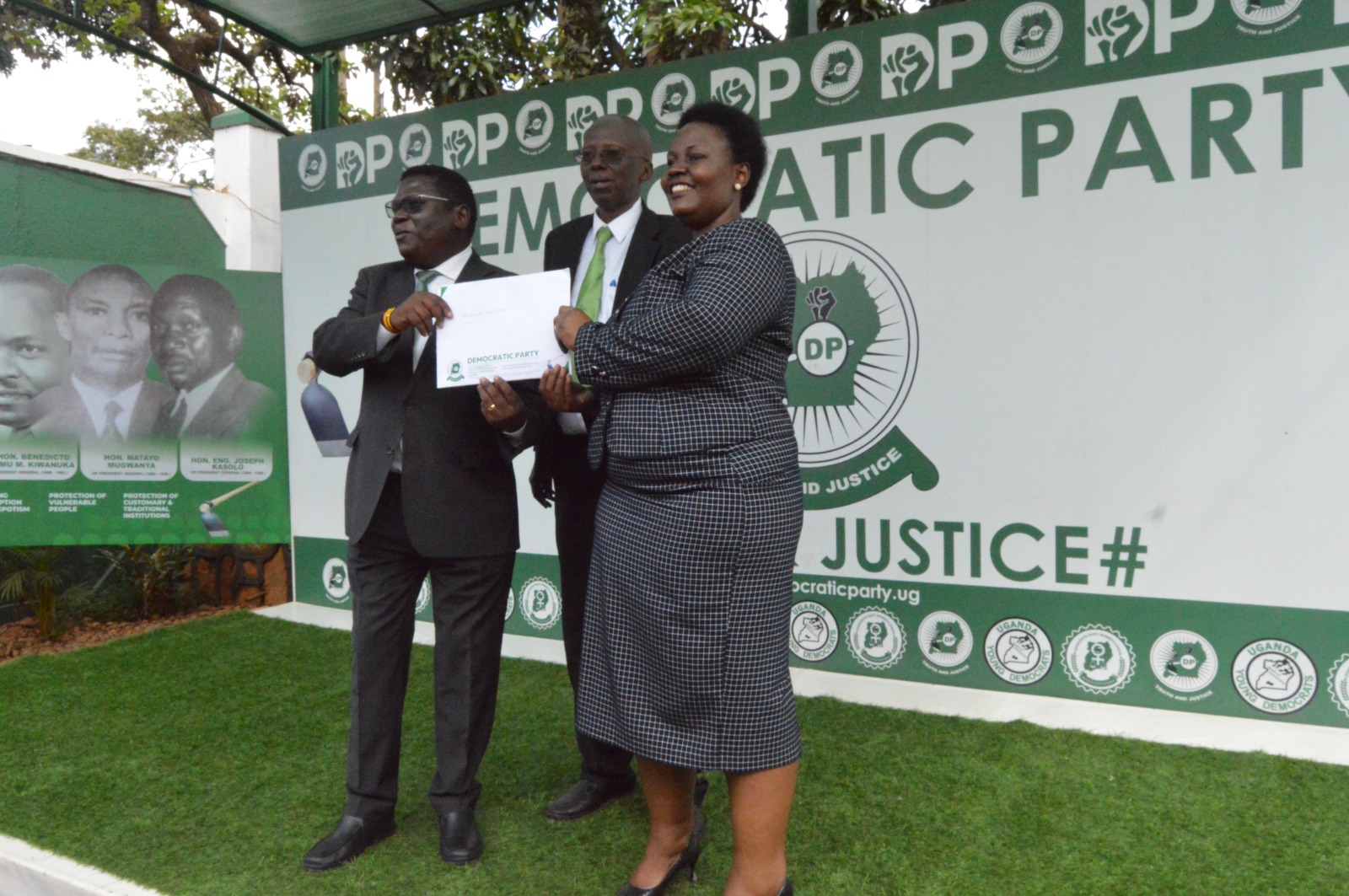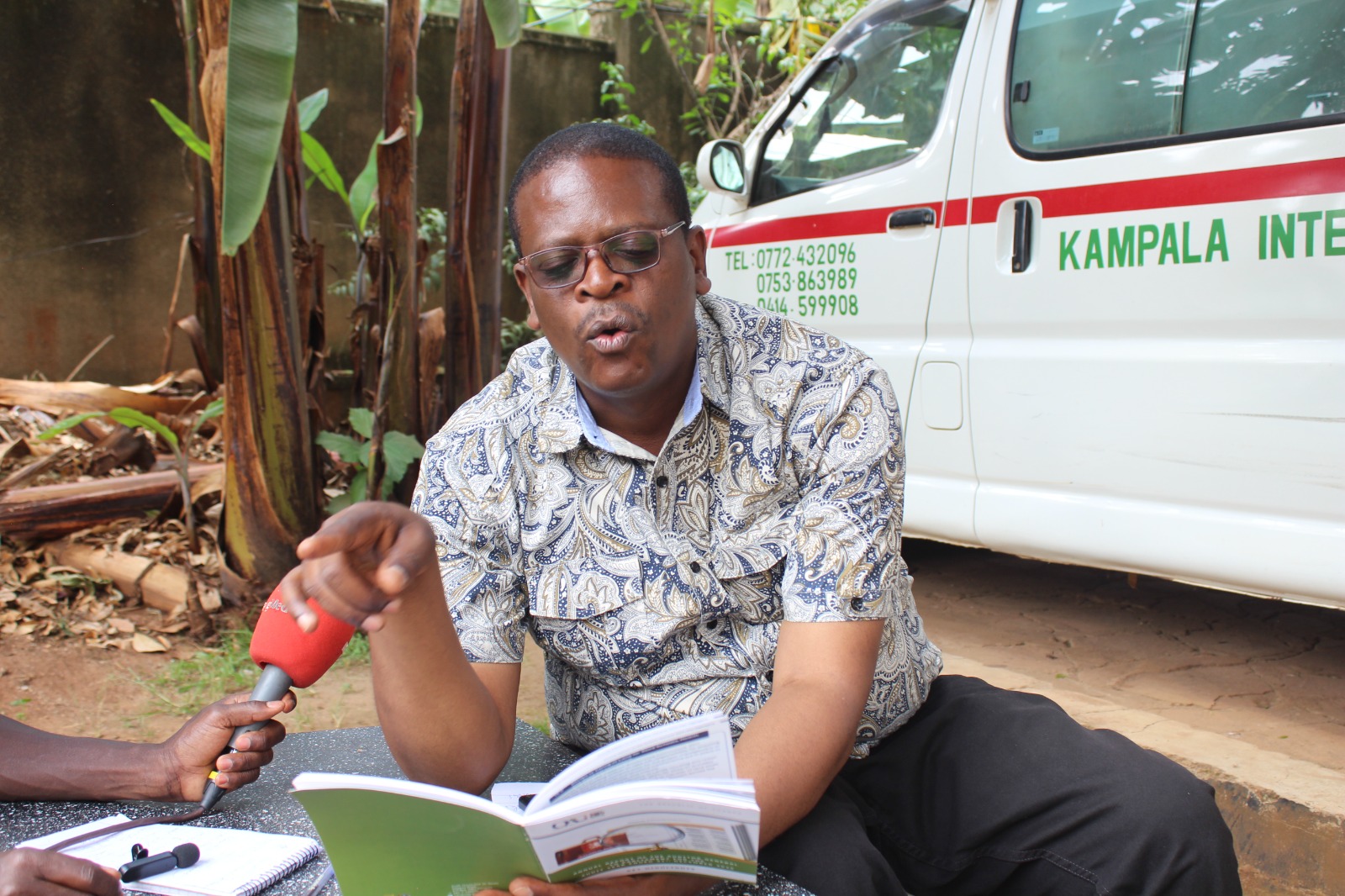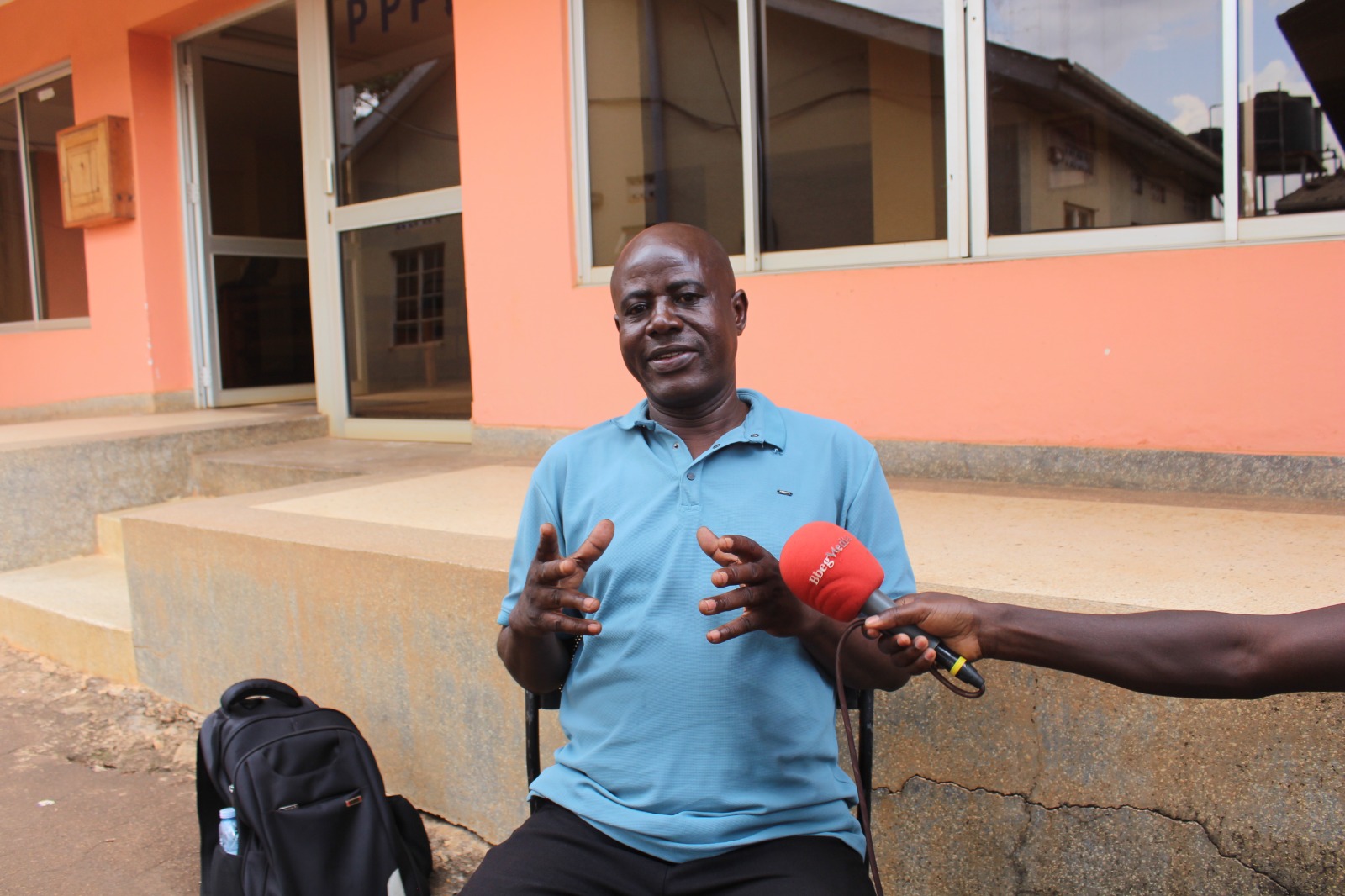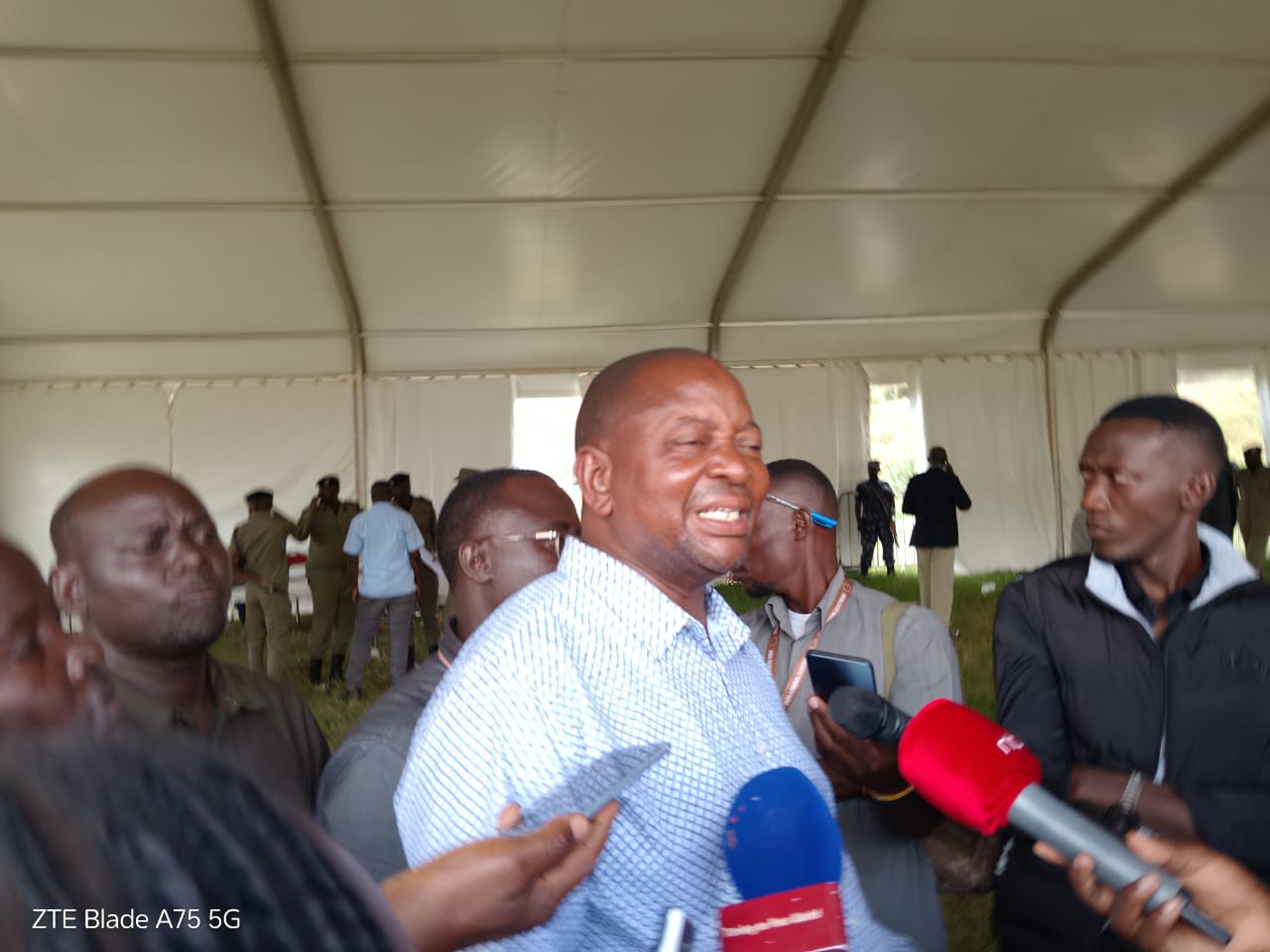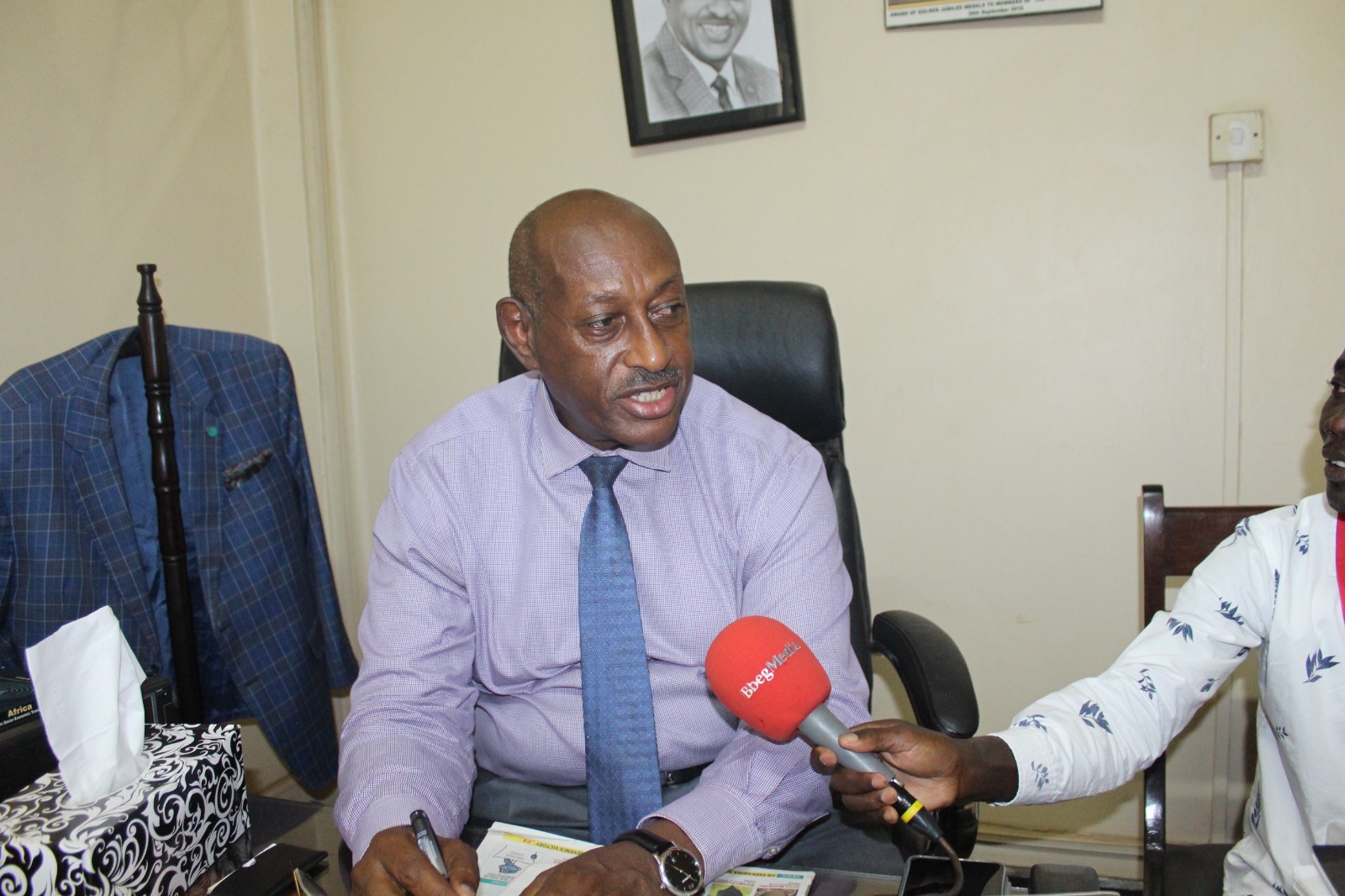The Democratic Party (DP) President General, Norbert Mao, has urged party flag bearers to adhere to the party’s principles of truth and justice to transform the constituencies they will represent in the 2026 parliamentary elections. Mao made these remarks during a press conference at the party headquarters in Balintuma, Mengo, where over 23 parliamentary candidates were unveiled.
“I urge you to represent the interests of the Democratic Party. It is concerning that some of you struggle to articulate our party’s stance on various policies. You must spread our ideology and principles to Ugandans, regardless of whether they agree with you initially. I am confident that, in time, they will come to align with our vision,” said Mao, who also serves as the minister of Justice and Constitutional Affairs.
The DP announced the following candidates: Maria Nassali Masereka for Kyadondo East (Wakiso District), Charles Opolot for Kumi County (Kumi District), Asuman Kabonge for Kalungu East (Kalungu District), Derrick Brian Nsumba for Butambala Constituency (Butambala District), and Henry Kateregga Ssimbwa for Nakaseke South (Nakaseke District).
Others are: David Nviiri Ssebuliba for Mawokota North, Polycarp Modebo for Budadiri West, Lilian Mbabazi for Kyotera District (Woman MP), Viola Kavin Kaliisa for Kyotera County, Margaret Nakamate for Jinja City (Woman MP), Dorcus Ainomugisha for Igara East, Benon Nsamba for Mawokota South, Rosemary Nakawuka for Mpigi District (Woman MP), Owek Christine Mugerwa Kasule for Buikwe South, and Oscar Kizza for Omoro County.
There is also Eunice Ashaba for Rubabo County (Rukungiri District), Saleh Mukose for Busiki County, Godwin Isaac Aisu for Agule County (Pallisa District), Abiam Steven Joseph Wakabi for Buzaaya County (Kamuli District), and Eve Nabaigwa for Kaliro District (Woman MP).
Despite the DP’s decision not to field a presidential candidate this year, Mao outlined key policy proposals, including reducing the size of parliament, devolving power from the central government to the regions, decreasing the number of districts, compensating war victims, introducing government funding for faith-based institutions to drive development, implementing compulsory youth conscription into the military, and replacing the Parish Development Model (PDM) with a conditional cash transfer system.
On behalf of the DP, Mao also proposed reducing electricity tariffs, adopting a national health service and health insurance system, introducing mortgage support to help young people build stable marriages, promoting regional balance to address income inequalities, and creating a new administrative capital to allow Kampala to function solely as a commercial hub, as seen in Nigeria and Tanzania.
Flanked by party flag bearers, Mao praised the JEEMA leader, Asuman Basalirwa, for signing the Inter-Party Organisation for Dialogue (IPOD) memorandum of understanding to participate in the IPOD summit. He threatened to expose opposition leaders who criticise the government publicly while secretly benefiting from it.
Mao specifically called out National Unity Platform (NUP) presidential candidate Robert Kyagulanyi for attacking Basalirwa, urging DP members to support Basalirwa, whom he described as a focused leader and skilled legislator.
“I call on Kyagulanyi to immediately stop his rhetoric against Basalirwa. For my part, I will even campaign for him in Bugiri Municipality because he loves Uganda,” Mao declared.
He cautioned leaders against misleading Ugandans, particularly grassroots supporters, and urged these supporters to follow principled leadership.



